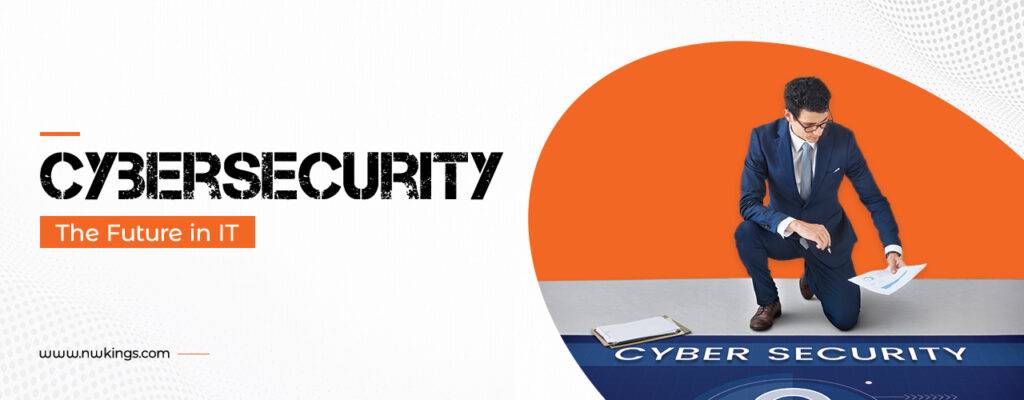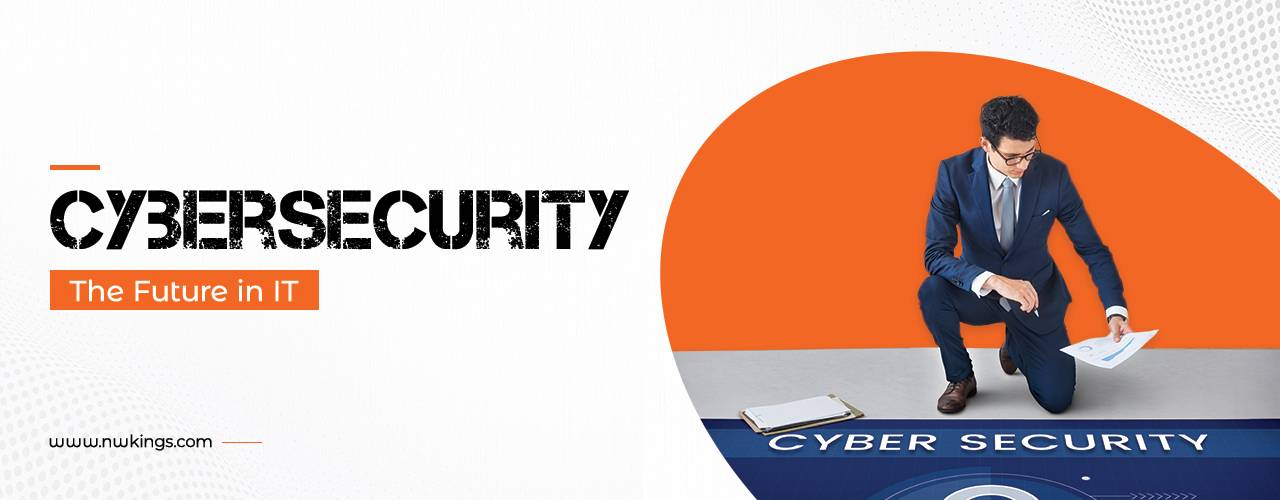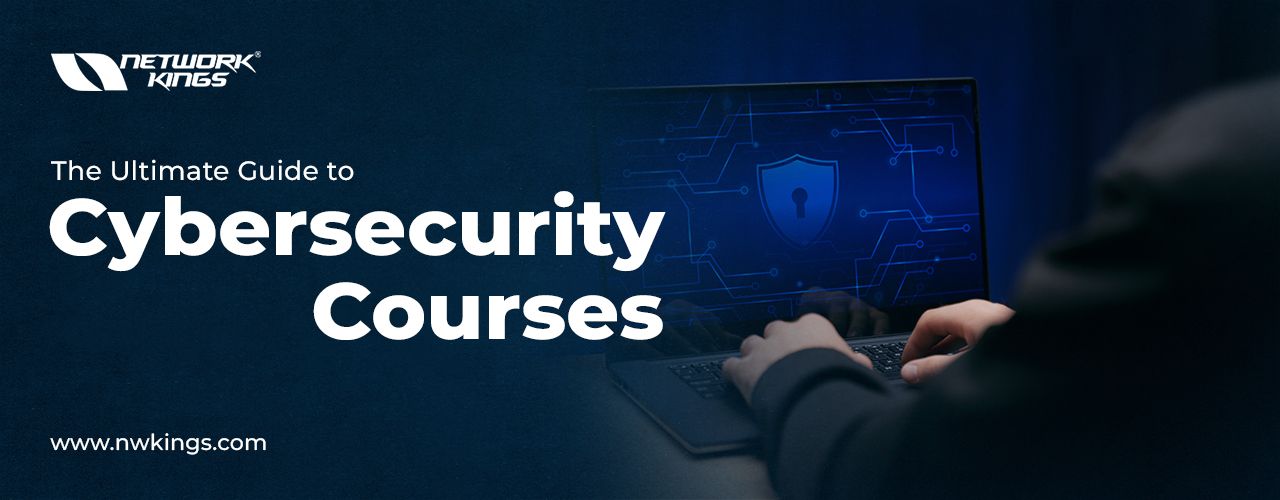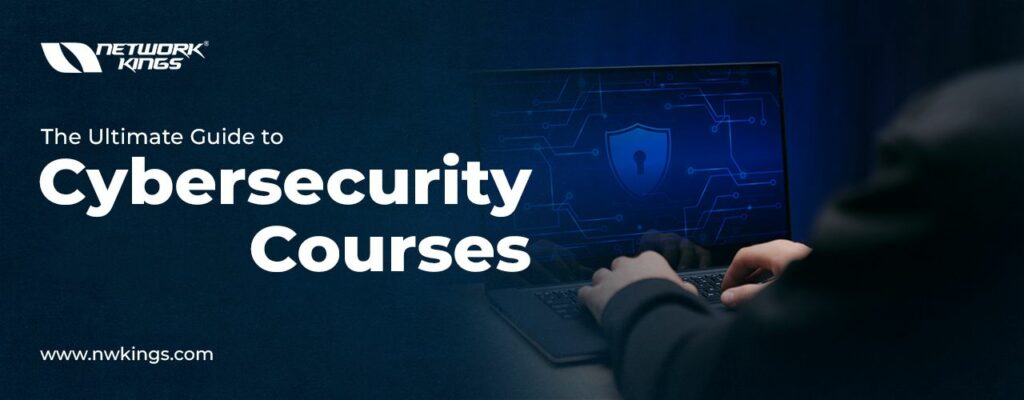
The way technology has set its periphery in the world is inexplicable. With all the pros it has provided, there are numerous cons too. While demonstrating the benefits, we must not neglect to mention the inconvenience it has caused so far.
Users are increasing rapidly, and so are the attackers. Therefore to keep the data, devices, and networks secure, IT industries seek experts in the same domain.
- Which expert?
- A CyberSecurity Expert.
Being a tech user, one is always apprehensive regarding utilizing a particular device, data, and network. The concern makes one feel bewildered and detested by technology.
Technology, along with the advancement, even deals with the risk and threats of malicious cyber-attacks. Accordingly, the need for CyberSecurity is increasing rapidly with each passing day.
Not just the security, but a CyberSecurity expert handles much more. To know the rest read the blog till the end.
What is Cybersecurity?
Cybersecurity refers to the practice of safeguarding a system, network, and program from malicious attacks. These attacks target sensitive information, extort money, and interrupt business processes.
What is the importance of CyberSecurity in the tech world?
The era of technology has aided every individual dissimilarly. Multiple uses result in different experiences. But, the risk and threat of attack are always the same. Therefore, the people misusing the data, server, and network tend to sell or use them for private purposes.
CyberSecurity is important as, at an individual level, an attack can result from identity theft to extortion attempts to losing data. Since everyone relies on infrastructures like banks, hospitals, schools, and other private or government offices, there is always a risk of data theft. Therefore, such infrastructures require a CyberSecurity expert to ensure the safety of critical and confidential information.
What are the kinds of CyberSecurity threats?
Cyber Crimes are increasing rapidly. Networks, Servers, and Data get attacked in numerous ways. No matter how much one tries to secure the connection, the attackers still manage to find their way. A few such methods of Cyber Attacks are as follows-
1. Phishing Attack
Sending fraudulent emails resembling those from reputable sources aiming to steal sensitive data (credit card numbers and login information) is known as a Phishing Attack. It has become the most frequent mode of Cyber Attack.
2. Ransomware Attack
Malicious software designed to block access to files or the computer system for extorting money is known as a Ransomware Attack. There is no guarantee that the files will get recovered or restored after the payment.
3. Malware Attack
Malicious software designed to gain unauthorized access or to cause damage to a computer through viruses (worms, spyware, ransomware, adware, and trojans) is known as a Malware Attack.
4. Password Attack
An attack made by cracking the password of a user’s computer using different programs and tools (Aircrack, Cain, Abel, John the Ripper, Hashcat) is known as a Password Attack.
5. Social Engineering Attacks
Tricking a user by denying to provide an entry point to make the user reveal sensitive information or install malware applications on their device is known as a Social Engineering Attack.
What is the scope of CyberSecurity in the tech world?
CyberSecurity has been in existence since 1971. The first computer virus indicated that no matter how much we try to secure a device or a network, attackers manage to find their way to invade.
The demand for CyberSecurity experts is increasing expeditiously as Cyber Attacks are happening more often. One can make an excellent career in the CyberSecurity domain as all the big IT firms now require a CyberSecurity expert to ensure the security of their network, data, and devices.
What are the prerequisites for becoming a CyberSecurity expert?
CyberSecurity experts need to secure every minute detail of a big IT firm as well as a small company. The prerequisites for becoming a CyberSecurity expert are as follows-
- Graduation Degree
- Associate-level Certification (Preferred)
- Experience with Security management
- Fundamental knowledge of IT
What are the Courses and Certifications required to become a CyberSecurity expert?
A student feels baffled regarding what to do after the 12th. But, those who get amused with CyberSecurity opt for an exciting life ahead. Therefore, we have listed the in-demand CyberSecurity courses and certifications required to become a CyberSecurity expert. The list is as follows-
- Certified Ethical Hacking Certification Course
- Docker and Kubernetes Certification Course
- CompTIA Security+ Certification Course
These certification courses are styling the future of the forthcoming CyberSecurity experts by providing quality and genuine information.
What skills are required to become a CyberSecurity expert?
The skills required to become a CyberSecurity expert are as follows-
- Understanding of Hacking
- Networking and System Administration
- IoT Security
- Operating Systems
- Cryptography
- Artificial Intelligence
- Network Security Control
- Coding
- Cloud Security
- Windows Server
- Computer Forensics Skills
- Blockchain Security
- Programming Skills
- Virtualization
What is the role of a CyberSecurity expert?
Becoming a CyberSecurity expert is a toilsome task as one needs to be fully aware of all the mediums of threat and risks to avoid malicious attacks. A CyberSecurity expert is mainly responsible for-
1. Tracking and assessing Networks
2. Analyzing and evaluating potential threats
3. Creating technical reports
4. Implementing Security programs
What is the salary of CyberSecurity experts?
Due to the increasing demand for security, each IT firm now requires a CyberSecurity expert. The average salary of a Security Manager ranges from 2.6 LPA to 20 LPA and keeps rising simultaneously.
Wrapping Up!
Cyber Crimes are increasing, and so is the demand for CyberSecurity experts. Therefore, making a career in the CyberSecurity domain is no less than a boon.
Stop waiting and make a move now. Good Luck!
NOTE: Now get FREE PaloAlto Firewall Course worth Rs. 999 (INR) to excel in the world of IT.




